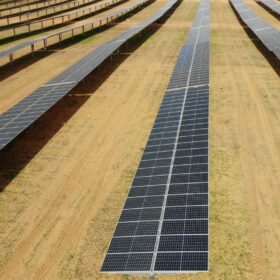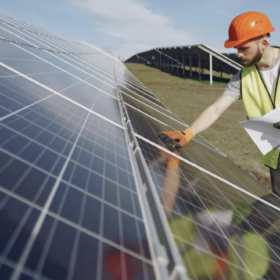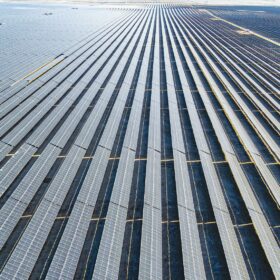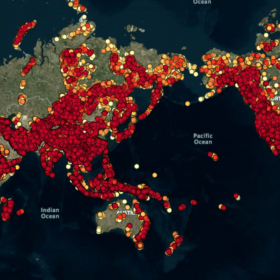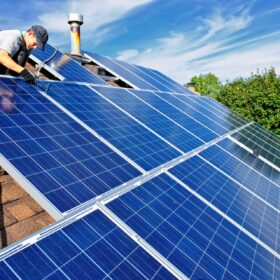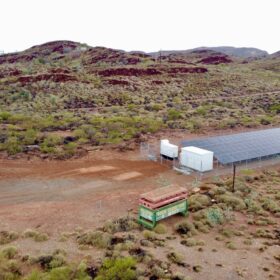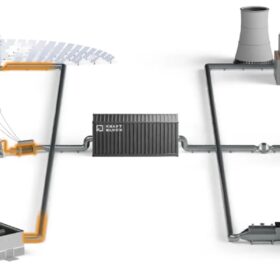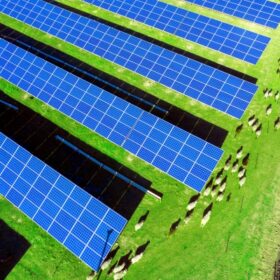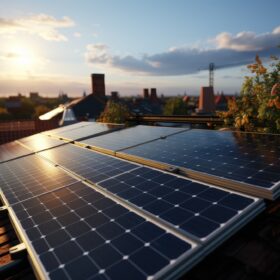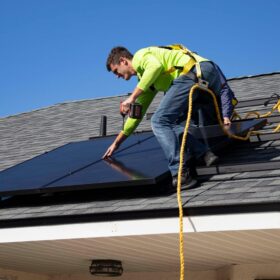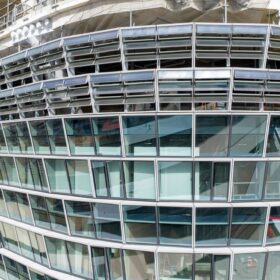TotalEnergies seeks green tick for 320 MW solar and battery project
French energy company TotalEnergies is seeking Australian government approval to develop a 320 MW solar farm and 320 MW / 780 MWh battery energy storage system in the New England region of New South Wales.
Global clean energy investment hit $3.41 trillion in 2024, says BNEF
BloombergNEF says in a new report that global clean energy investment reached $2.1 trillion in 2024, more than doubling 2020 levels. The United States led energy transition debt issuance, driving up investment 5% year on year to $334 billion.
Future clean energy investments stalled by outdated national electricity market
Clean Energy Investor Group research finds the national electricity market is an outdated design – built for an era of coal and gas – and hinders investment in modern large-scale energy projects like wind, solar, and batteries.
Pumped hydro energy storage potential equates to 2 trillion EV batteries: study
A new paper co-authored by Australian National University Professor Andrew Blakers discusses the potential for long-duration pumped hydro energy stations built on non-river locations, which, with batteries, can solve world’s energy storage needs.
Future energy systems must compensate rooftop solar generation fairly
The most important energy cost is not what a corporation pays to produce or generate it, but what a consumer pays to buy it. That’s why the delivered cost of rooftop solar and batteries – and the other benefits these technologies provide to the system – need to be factored in when making investment decisions.
Australia’s longest connected electric vehicle highway completed
Australia’s longest connected electric vehicle highways is now operational in Western Australia, covering a 7,000 kilometre route and featuring 110 charging points across 49 locations.
Thermal storage beats hydrogen, electrification on industrial costs
A new study in Germany shows the advantages of thermal energy storage in the decarbonisation of industrial processes, including in Australia. The researchers noted clear cost advantages and high potential for flexibility in the power grid.
202 MW New Zealand agrisolar project reaches financial close
The Harmony Energy and First Renewables joint venture have approved the final investment and successfully completed financial close on the 202 MW Tauhei Solar Farm on Aotearoa New Zealand’s North Island.
Planets align for Australia’s first live DER integration into wholesale markets
Manager of Western Australia’s South West Interconnected System Western Power has been allocated $20.8 million from the Australian Renewable Energy Agency for its Project Jupiter, which for the first time in Australia will integrate a live distributed energy resources marketplace with wholesale markets.
Distributed solar on a roll breaking output records nationwide in Q4
Like a gift that keeps on giving across Australia’s electricity markets, distributed solar has punched yet again above its weight to break records in the close out of 2024, according to a new report from the Australian Energy Market Operator.
